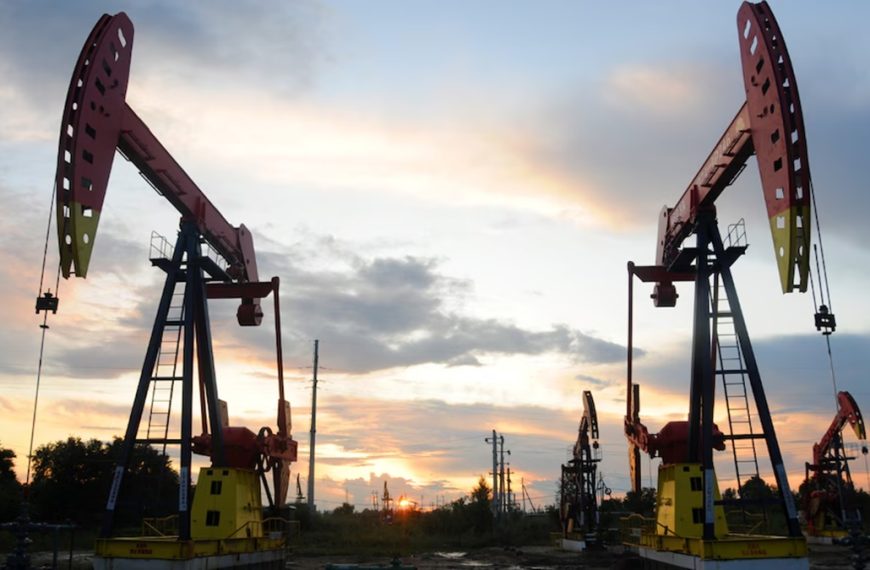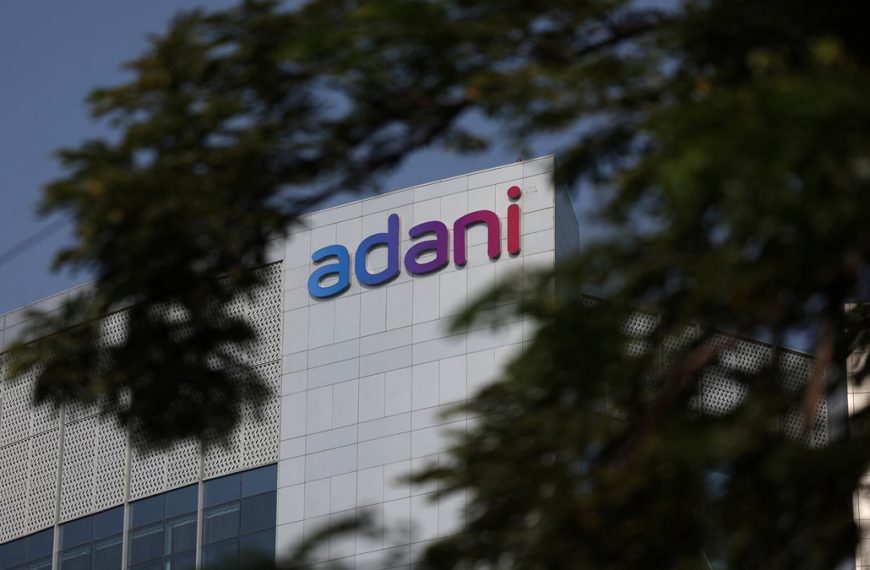In the ever-evolving oil and gas industry, traditional exploration techniques often come with high costs and significant risks. Mistakes during drilling can be financially devastating, especially when investments in geological assessments and testing yield dry wells. However, advancements in artificial intelligence (AI) are transforming this landscape, reducing the possibility of such costly missteps. Leading the charge is the Oil and Natural Gas Corporation (ONGC), which is harnessing the power of AI technologies to enhance exploration accuracy and resource estimation.
ONGC’s Innovative Use of AI in Exploration
ONGC, a major player in India’s energy sector, is responsible for nearly 68% of the country’s crude oil production and 54% of its natural gas output. The organization has successfully implemented AI and machine learning techniques at its Gandhar oil field in Gujarat. As ONGC’s Chairman and CEO, Arun Kumar Singh, noted, this initiative focuses on advanced reservoir modeling to improve operational efficiency.
- The project utilizes spatio-temporal learning, a machine-learning algorithm tailored for fluid dynamics in porous media.
- By employing neural networks, ONGC achieved an impressive 98% accuracy in matching historical data and forecasting production.
Singh also highlighted that this AI-driven approach led to the identification of a new development well, aimed at maximizing oil extraction and recovery from the field.
Expanding AI Applications in Oil and Gas
The success of this project paves the way for similar applications at other ONGC locations, such as the Heera field off the western coast of India. Singh emphasized that integrating AI into the upstream oil and gas sector acts as a powerful enabler, offering the ability to glean insights from vast datasets.
Benefits of AI in Exploration
- Advanced seismic interpretation and reservoir modeling enhance exploration predictions.
- Smart drilling systems powered by AI optimize efficiency and reduce downtime.
- AI algorithms analyze production data to identify trends, predict failures, and streamline processes.
A Commitment to Digital Transformation
ONGC is on a bold journey toward digital transformation, aiming to revamp its operations and workforce capabilities. Under the recently launched Project DOT (Digitalisation for Organisational Transformation), the corporation is set to enhance transparency and efficiency through data-driven insights. Key focus areas include:
- Optimizing resource recovery and field performance.
- Improving development scheme evaluations and approvals.
- Utilizing AI analytics for asset monetization.
- Streamlining offshore logistics for better resource management.
- Facilitating a shift toward renewable energy sources.
Project DOT aims to revolutionize every aspect of exploration and production, showcasing ONGC’s commitment to leveraging digital technologies for greater efficiency and sustainability. Singh pointed out that the upcoming wave of AI innovations will unlock new potential, ranging from predictive maintenance to autonomous drilling operations.
Future Investments in AI and ML
Looking ahead, ONGC plans to significantly boost its investments in AI and machine learning over the next few years. Singh reiterated the organization’s vision: to lead the AI revolution in the energy sector, fostering a data-driven enterprise that is smarter, faster, and more agile.
Conclusion
As ONGC continues to harness the power of AI and machine learning, it sets a compelling example for the oil and gas industry. The integration of these technologies promises not only to enhance exploration success rates but also to lower operating costs and improve overall productivity. With a clear vision for the future, ONGC is poised to redefine the standards of efficiency and sustainability in energy exploration.











